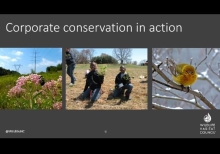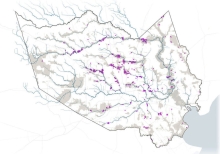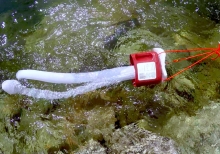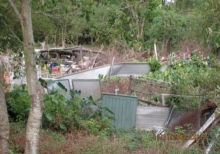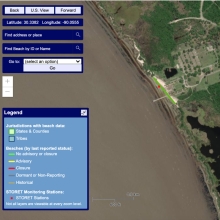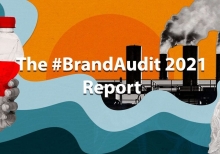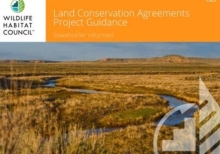Business And Biodiversity: A Critical Partnership For The Future
In today's competitive landscape, engaging in corporate conservation is emerging as an innovative approach to meet both business and environmental needs. Indeed, corporate spending on sustainability and circular economy initiatives is on the rise - and yielding increased sales and cost savings. Demonstrating leadership in corporate conservation is crucial to meeting sustainability goals and achieving stakeholder collaboration.
